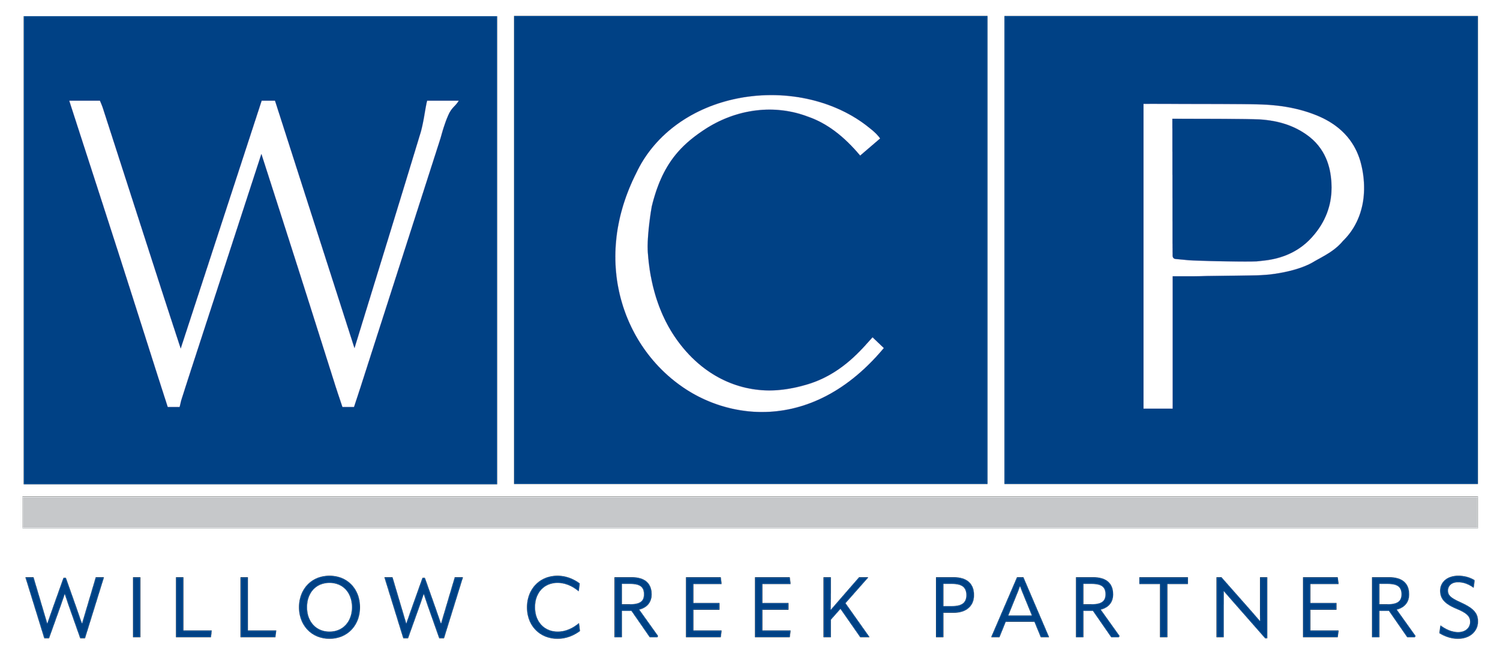PE Using More E
Watch Each Card You Play And Play It Slow
With banks on the sidelines, and debt getting more expensive, private equity companies are often using more equity to get deals done. While many sophisticated investors will note that equity is generally more expensive capital than debt, and return on equity calculations (the DuPont Formula), are hurt by increasing equity percentages, that is definitely true in the short run.
However, one thing that investors often forget is that a transaction marks a brief moment in time, and the price paid is generally not revisited. The opportunity to lock in a good valuation literally may never come again. The price paid to finance that transaction, however, can be revisited over and over again over the investment horizon.
We’ve written regularly about the potential for 2023 and 2024 to be great vintages for private equity. But as debt financing gets more expensive, the potential for that is often more difficult for investors to see.
This year, while deal counts are way down, add-on investments are up substantially as a percentage. While that’s mildly interesting, it also means that historical leverage is evaluated before financing is determined for the incremental investment. Private equity professionals, meanwhile, are using acquisitions to de-lever prior investments.
You may be asking, why would anyone choose to use equity in this environment? And if we’re simply adhering to the DuPont equation, it always makes sense to use more debt. But what the math ignores is that debt capital comes with covenants and risks that can mean that debt capital costs 100% of the company. Equity capital, while generally more expensive, does not share that risk.
Clearly, dilution to returns is an issue when using equity, but losing the company in the event of difficult market conditions is not. By using equity today, private equity pros are assuring themselves of flexibility for future changes in the capital structure when market conditions change. But far more importantly, they are locking in great pricing for assets that may NEVER be available again at this price.
Financial math surrounding returns on equity is always compelling, but the best investors will always prioritize durability, and that’s what happens when we use more equity capital instead of maximizing returns without regard for risk.
Source: PitchBook
